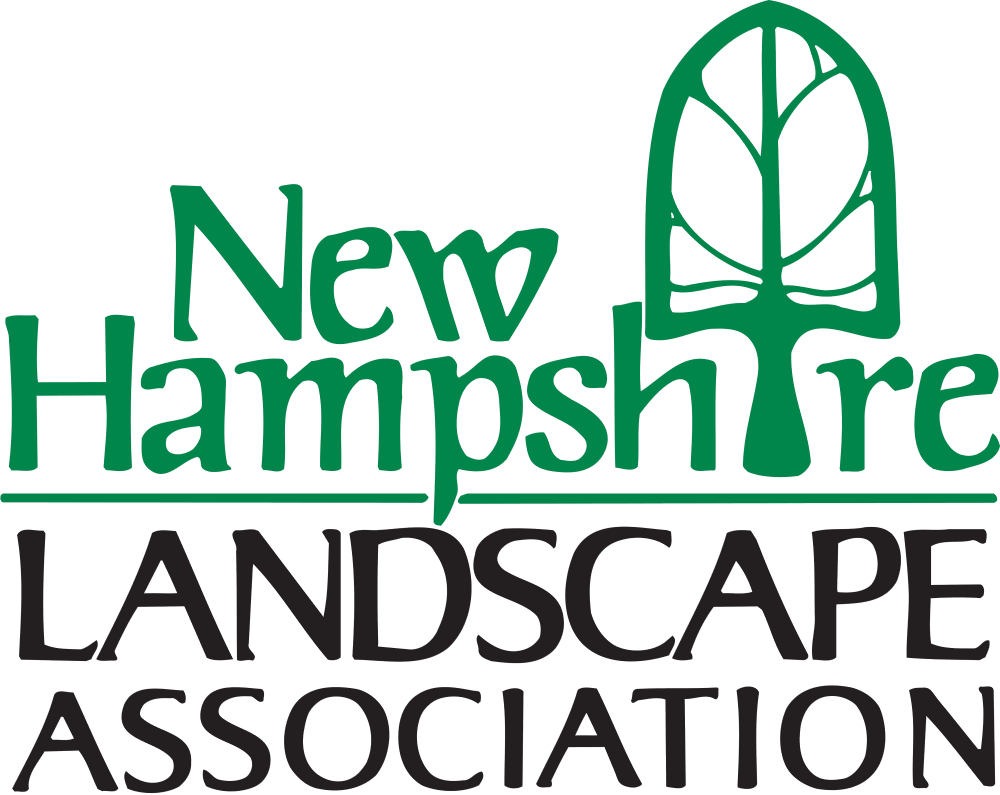The principles and practices of Sustainable Landscaping are finally moving from the fringe to the mainstream in the Landscape industry. In the last few years being “Green” has become popular and landscaping in a more responsible and sustainable way much more common.
Sustainable landscapes require less maintenance, reduce environmental harm, benefit wildlife, provide seasonal interest, involve all the senses, incorporate naturalistic design, use native plants, and encourage the use of local, renewable, and recyclable materials.
Find out more about Sustainable Landscaping and how you can incorporate it’s principles into your own landscape designs:
https://www.epa.gov/sustainability
Sustainable Sites Initiative
The Sustainable Sites Initiative is an interdisciplinary effort by the American Society of Landscape Architects, the Lady Bird Johnson Wildflower Center, and the United States Botanic Garden to create voluntary national guidelines and performance benchmarks for sustainable land design, construction and maintenance practices. The Sustainable Sites Initiative was created to promote sustainable land development and management practices that can apply to sites with and without buildings including, but not limited to the following:
- Open spaces such as local, state and national parks, conservation easements and buffer zones and transportation rights-of-way.
- Sites with buildings including industrial, retail and office parks, military complexes, airports, botanical gardens, streetscapes and plazas, residential and commercial developments and public and private campuses.
The Sustainable Sites Initiative will provide tools for those who influence land development and management practices and can address increasingly urgent global concerns such as climate change, loss of biodiversity, and resource depletion. They can be used by those who design, construct, operate and maintain landscapes, including but not limited to planners, landscape architects, engineers, developers, builders, maintenance crews, horticulturists, governments, land stewards, and organizations offering building standards.
For more information: www.sustainablesites.org/
